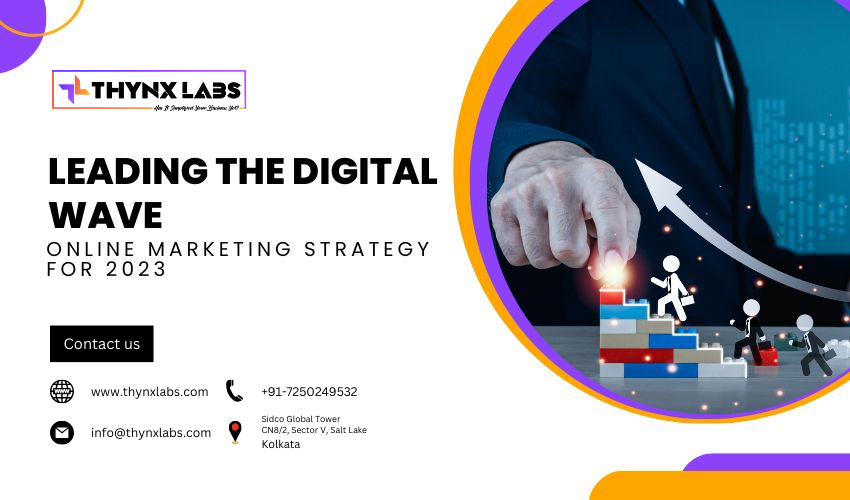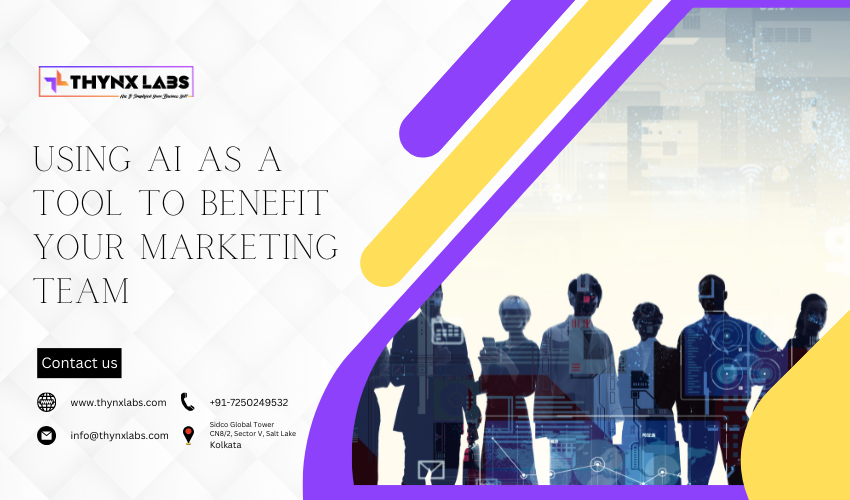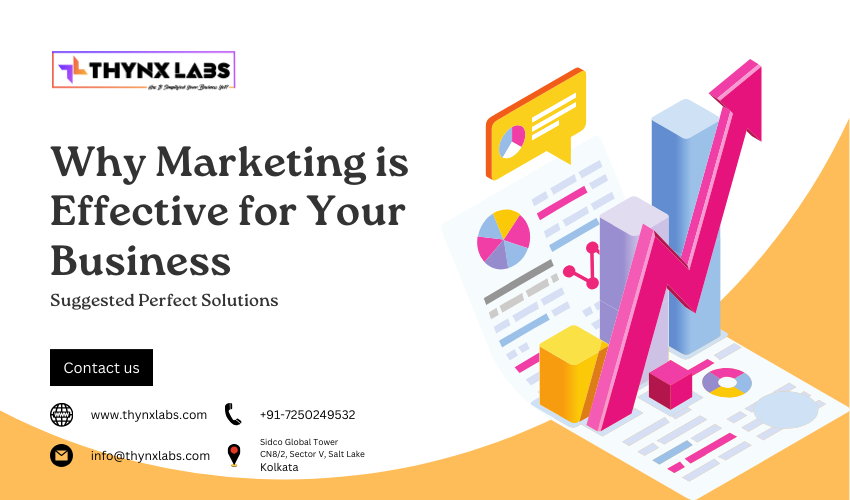The Future of AI in Digital Marketing
The Future of AI in Digital Marketing: What to Expect in 2025 and Beyond
Artificial Intelligence (AI) is rapidly transforming various industries, and digital marketing is no exception. As we approach 2025, the integration of AI technologies in digital marketing is set to reshape strategies, enhance customer experiences, and drive unprecedented levels of efficiency. This article explores the future of AI in digital marketing and highlights key trends and innovations to watch for in the coming years.
The Role of AI in Shaping Digital Marketing
- Advanced Personalization
AI-powered personalization is one of the most significant advancements in digital marketing. By analyzing vast amounts of data, AI can create highly tailored experiences for individual users. From personalized product recommendations to customized content delivery, AI enables marketers to deliver relevant messages at the right time, increasing engagement and conversion rates. As AI technology evolves, we can expect even more sophisticated personalization techniques that leverage behavioral data, social signals, and predictive analytics to enhance user experiences.
- Enhanced Predictive Analytics
Predictive analytics, powered by AI, is becoming increasingly vital in digital marketing. By leveraging machine learning algorithms and historical data, AI can forecast future trends, customer behaviors, and market developments. This enables marketers to make data-driven decisions, optimize campaigns, and allocate resources more effectively. As AI algorithms become more advanced, predictive analytics will provide even more accurate insights, allowing businesses to stay ahead of the competition and respond proactively to emerging opportunities.
- Improved Customer Insights
AI is revolutionizing the way businesses understand their customers. Natural language processing (NLP) and sentiment analysis tools enable marketers to gain deeper insights into customer preferences, opinions, and pain points. By analyzing social media conversations, customer reviews, and other sources of user-generated content, AI can identify patterns and trends that inform marketing strategies. In the future, AI-driven tools will offer even more granular insights, helping businesses create highly targeted campaigns and improve customer satisfaction.
Emerging AI Trends in Digital Marketing
- Conversational AI and Chatbots
Conversational AI, including chatbots and virtual assistants, is set to play a crucial role in digital marketing. These AI-powered tools can handle customer inquiries, provide instant support, and facilitate seamless interactions on websites and social media platforms. As natural language understanding (NLU) improves, chatbots will become more adept at understanding complex queries and delivering accurate responses. This will enhance customer service, streamline lead generation, and provide valuable data for refining marketing strategies.
- AI-Driven Content Creation
Content creation is another area where AI is making significant strides. AI tools can generate content, including blog posts, social media updates, and product descriptions, with minimal human intervention. These tools use natural language generation (NLG) to produce coherent and contextually relevant content based on predefined criteria. In the future, AI-driven content creation will become more sophisticated, enabling marketers to scale their content efforts while maintaining high quality and relevance.
- Programmatic Advertising
Programmatic advertising, which uses AI to automate ad buying and placement, is becoming increasingly prevalent. AI algorithms analyze user data to determine the best placements for ads, optimize bidding strategies, and enhance targeting accuracy. As programmatic advertising continues to evolve, we can expect more advanced algorithms that improve ad performance, reduce costs, and increase ROI. This will enable marketers to reach their target audience more effectively and maximize the impact of their advertising efforts.
The Challenges of AI in Digital Marketing
- Data Privacy Concerns
As AI technologies become more integrated into digital marketing, data privacy concerns are a growing challenge. The collection and analysis of personal data raise questions about consent, security, and ethical use. Marketers must navigate these concerns by implementing robust data protection measures, adhering to privacy regulations, and being transparent about data usage. Balancing personalization with privacy will be crucial for maintaining trust and ensuring compliance.
- Maintaining Human Touch
While AI offers numerous benefits, maintaining a human touch in digital marketing is essential. AI can analyze data and automate processes, but it cannot fully replicate the emotional intelligence and creativity of human interactions. Marketers must strike a balance between leveraging AI for efficiency and ensuring that their campaigns retain a personal, authentic touch. This includes incorporating human elements into customer interactions, content creation, and brand storytelling.
- Managing AI Integration
Integrating AI into existing marketing strategies and workflows can be challenging. Businesses must invest in the right technologies, train their teams, and adapt their processes to fully leverage AI capabilities. Ensuring that AI tools align with overall marketing goals and objectives is crucial for achieving desired outcomes. As AI continues to advance, staying informed about the latest developments and best practices will be essential for successful integration.
Conclusion
The future of AI in digital marketing is brimming with potential, offering opportunities for advanced personalization, predictive analytics, and improved customer insights. As we approach 2025 and beyond, AI will continue to drive innovation, enhance marketing strategies, and reshape the digital landscape. By staying informed about emerging trends and addressing the associated challenges, businesses can harness the power of AI to achieve their marketing goals and stay ahead in an increasingly competitive environment.


